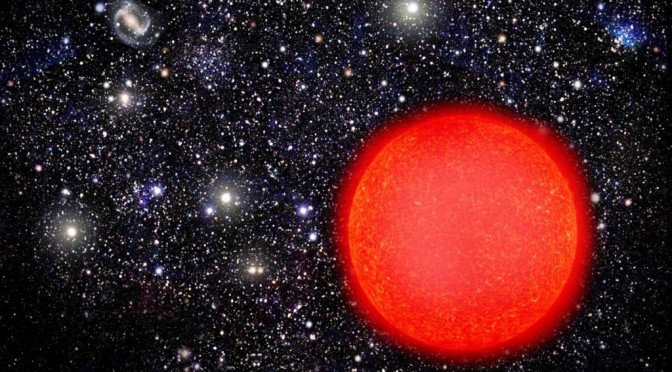This post concludes the “Ask a Science Student” series. For previous responses, see chemistry, physics, and astronomy.
Ask a Science Student, Part 4: Biology
By Meagan Goldman ’16
Biology deals with energy on both a macro level – the cycling of energy through ecosystems – and a micro level – the energy required for biological processes. Energy in an ecosystem comes initially from the sun. Primary producers, plants and cyanobacteria, convert the sun’s electromagnetic energy into chemical energy, stored in the bonds of compounds like glucose and ATP. Energy is then passed to consumers and eventually, when organisms die, to decomposers.



